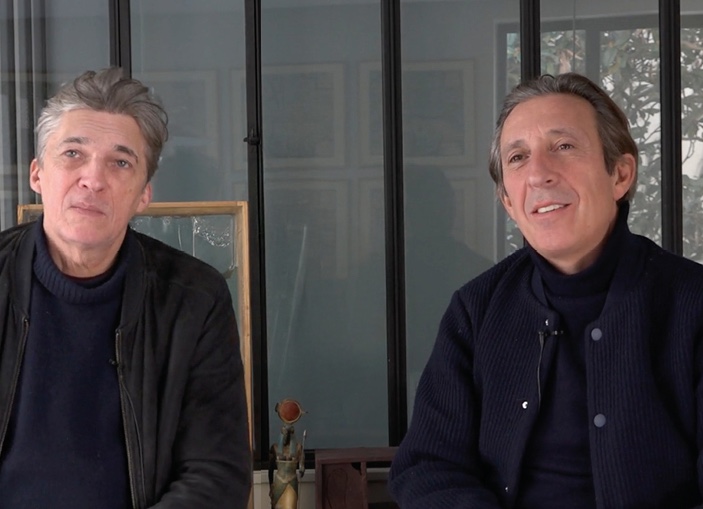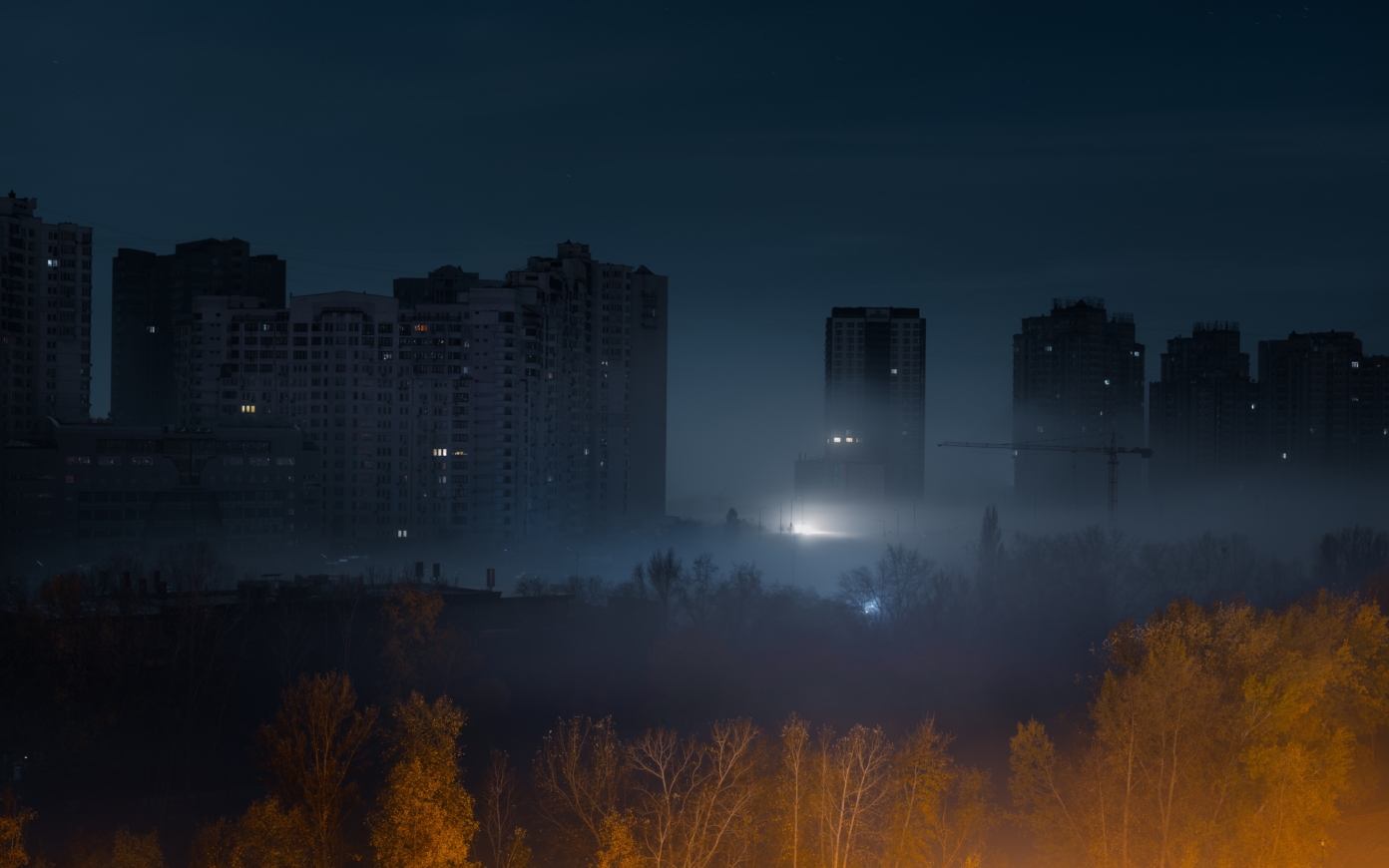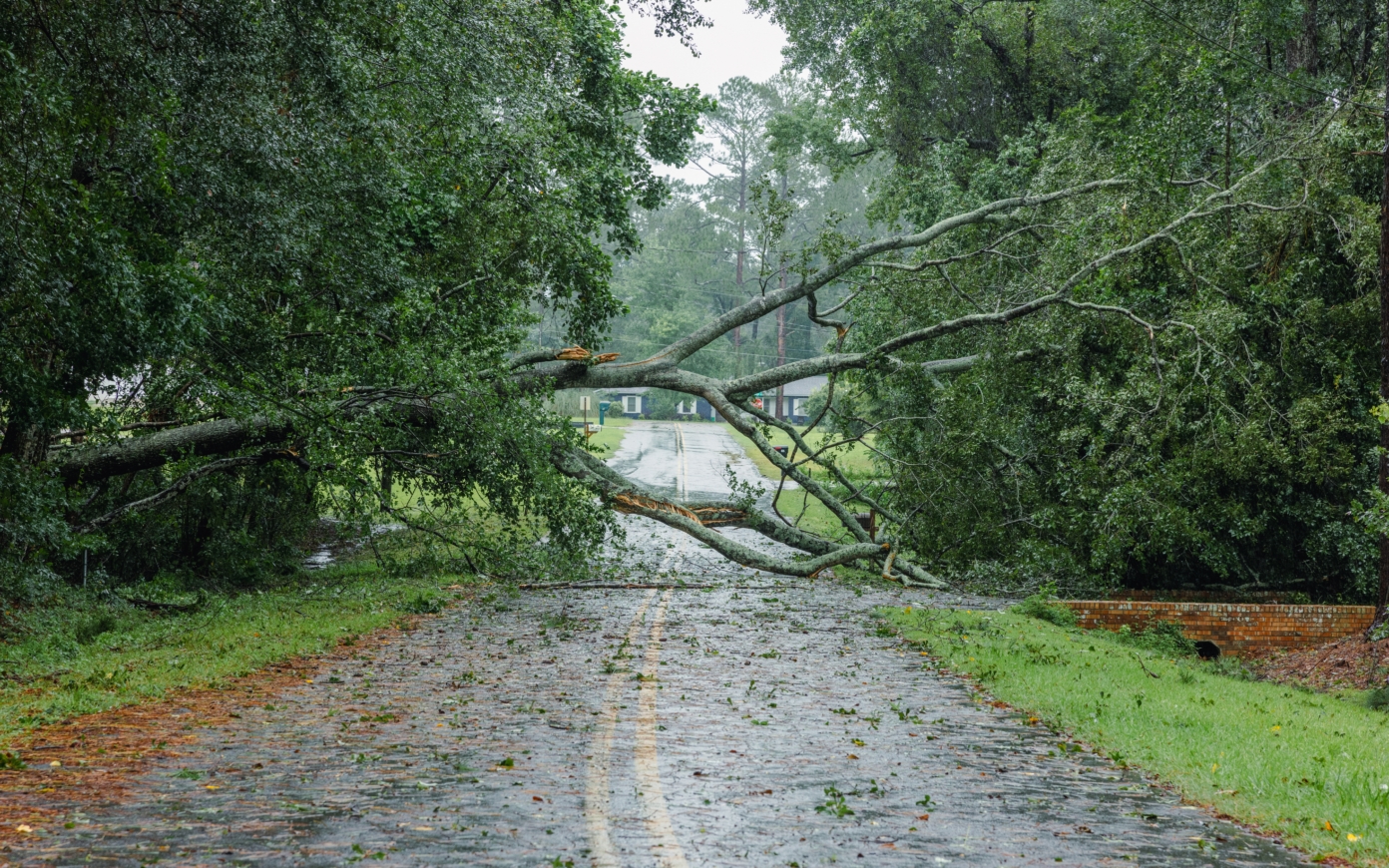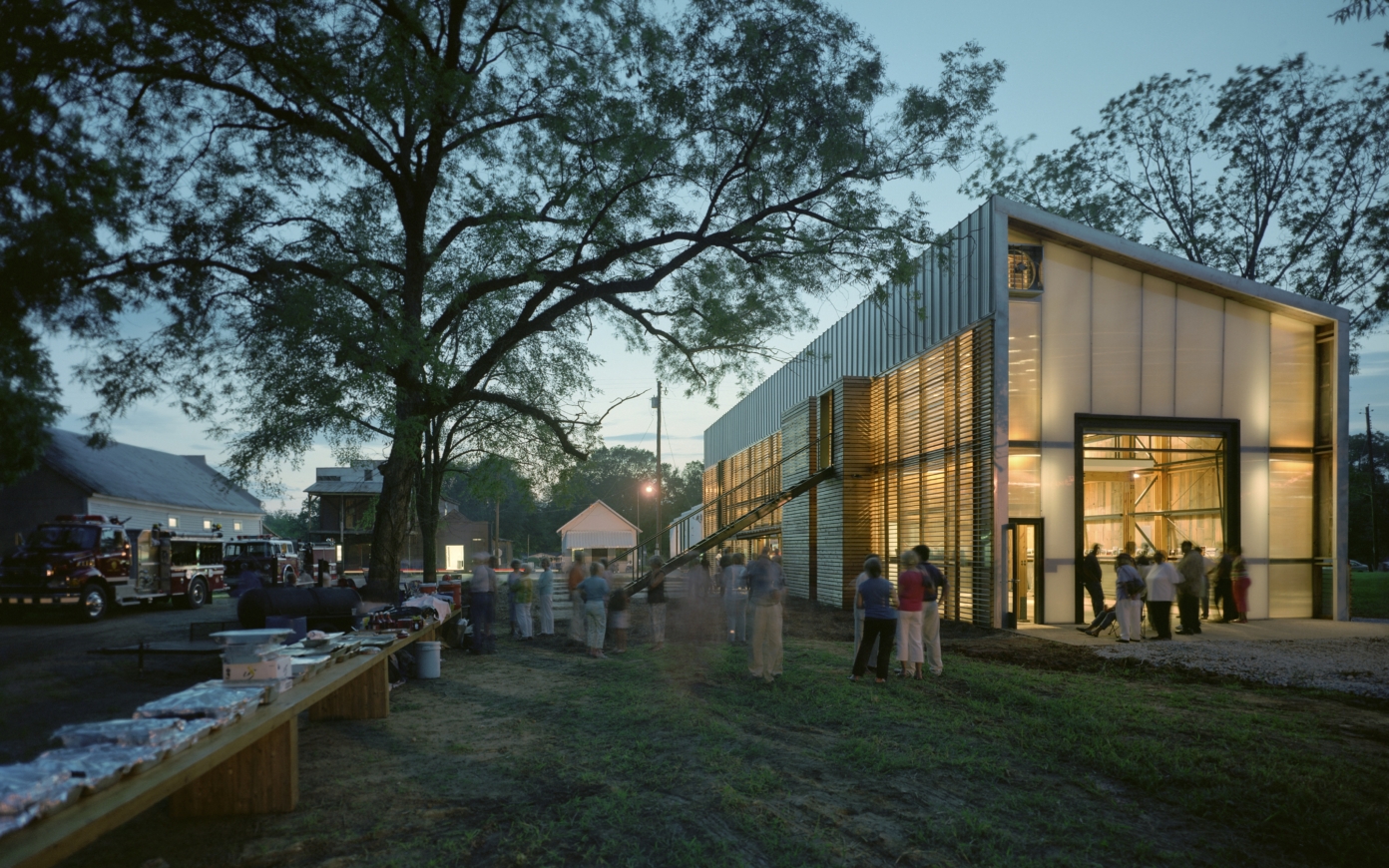Podcast transcription: Raphaëlle Guidée
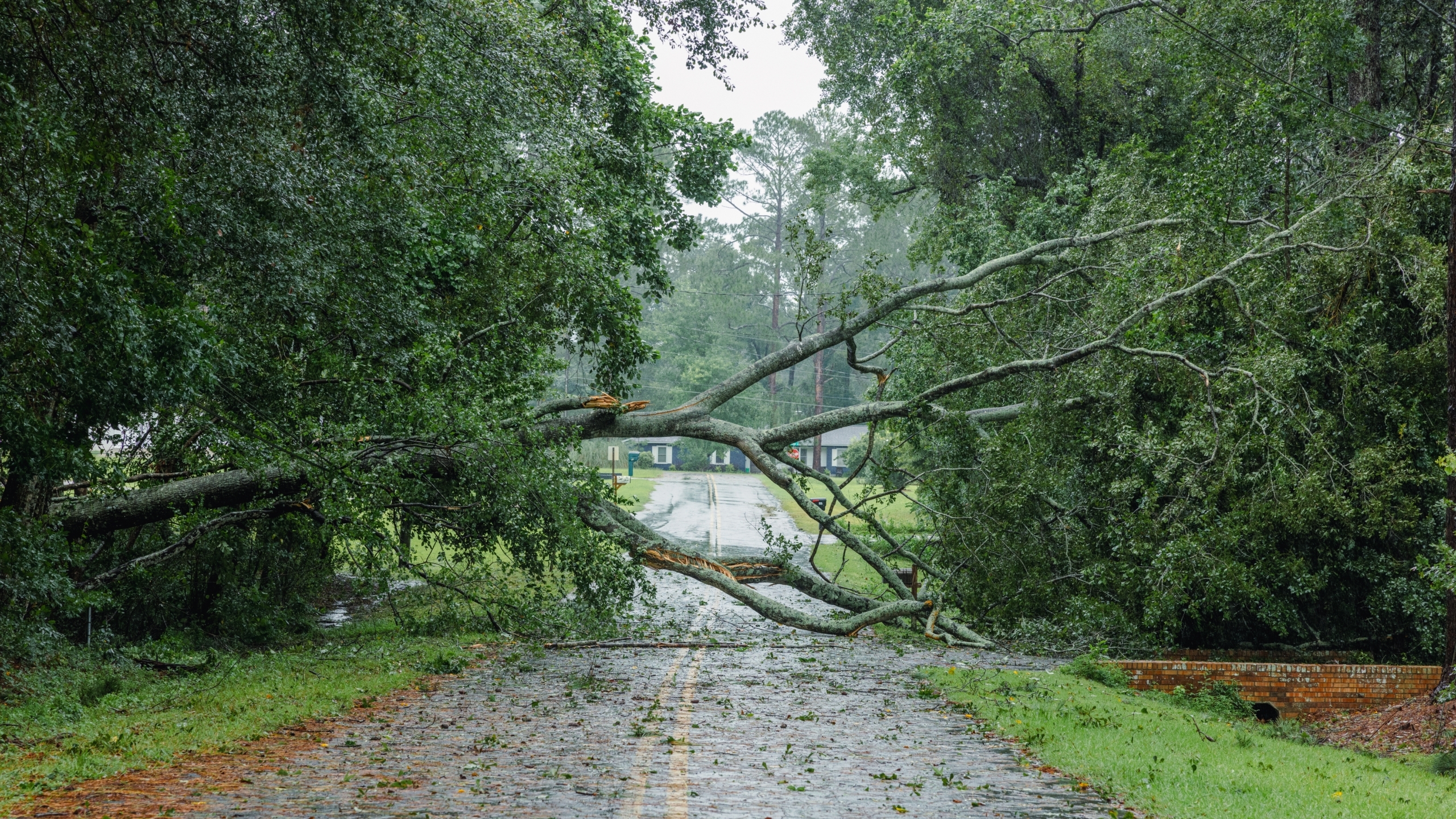
- Publish On 20 February 2025
- Raphaëlle Guidée
- 7 minutes
Raphaëlle Guidée is a specialist in narrative representations of economic, environmental and societal collapse. For over 10 years, she has analyzed the narratives surrounding Detroit’s bankruptcy in order to understand how an apparent ruin of capitalism can inspire discourses of domination or resistance. In La ville d’après : Détroit, une enquête narrative [The Aftermath City: Detroit, a narrative investigation] (Flammarion), rather than focusing on fictions, she seeks out testimonies and concrete stories, believing that modern times don’t need new narratives. We simply need alternative narratives. Read the transcription of her podcast below.
Stream Voices: Raphaëlle Guidée is a professor of literature at the University of Paris 8. She specializes in contemporary narratives, particularly those exploring crises, disasters, and social transformations. These stories, though seemingly ancestral, have gained renewed relevance in today’s world, often described as a time of political, economic, health, and environmental upheaval. Among other things, she examines why apocalyptic narratives persist in a society increasingly detached from religious beliefs and revolutionary ideals. Her work questions how collapses are represented in narratives and how they shape our collective imagination. Let’s start with the basics. How do you define a disaster? How does it differ from a crisis?
Raphaëlle Guidée: There is no absolute definition. What interests me is that disaster is a matter of perception. It is not simply about the number of victims. Take, for example, the September 11 attacks. That event is perceived as the disaster, not necessarily because it caused thousands of deaths—many disasters have similar tolls—but because it shattered a fundamental belief system. A disaster is the unexpected; it disrupts a sense of certainty. It may not always be immediately identifiable, yet it is experienced as a disaster because it manifests the collapse of what was deemed stable and predictable. This distinguishes it from a crisis, which unfolds over time. Today, we live in an era of perpetual crisis, whereas a disaster is marked by its abruptness and shocking nature.
The paradox of climate disasters is that they unfold precisely as predicted. If you have been reading IPCC reports for the past 30 years, you know these events were expected. In a cultural sense, they are not true disasters—and yet, they are still experienced with profound shock. Even when we intellectually accept their inevitability, their actual occurrence still catches us off guard, as seen in the catastrophic events in Valencia. The key marker of a disaster, to me, is this sense of astonishment. It reveals our deep-seated assumptions about stability and security. A disaster can be something as simple as realizing we may not have access to basic medication next year. The sudden awareness of these vulnerabilities can be deeply anxiety-inducing and traumatic.
Stream Voices: One of the disasters you have studied extensively is the economic collapse of Detroit. You spent twelve years analyzing its narratives, culminating in The City After Detroit, published in Flammarion’s Terra Incognitacollection. You examine how media, literature, photography, and film have shaped the story of Detroit’s decline. Unlike many thinkers who argue that we need entirely new narratives to face today’s crises, you suggest that we should engage more deeply with existing storytelling practices. Could you elaborate?
Raphaëlle Guidée: Absolutely. I believe scaling down our perspective is essential. Grand narratives—whether optimistic or pessimistic—tend to overshadow individual agency. They make us feel powerless, as though events are inevitable. In contrast, smaller-scale stories allow for complexity, nuance, and change. Contemporary discourse places immense faith in storytelling, whether in social sciences or activist circles. The idea that our current imaginaries are failing—particularly apocalyptic or progressive narratives—is widespread.
For decades, we assumed progress was linear: we would live better than our parents, despite facing challenges along the way. But now, that assumption is breaking down. It is crucial to recognize that this belief in progress was always a constructed narrative, not an objective reality.
At the same time, I question the almost mystical faith some place in storytelling as a solution. Many thinkers prescribe specific narrative forms as remedies: some call for realistic depictions of disaster, others champion science fiction. There is an implicit belief that certain genres can “save” us. But rather than seeking the right type of narrative, I advocate for examining the diverse stories already available and testing their capacity to help us understand our world.
For example, science fiction has gained an unprecedented status in intellectual discourse. Authors like Alain Damasio are now invited to public forums as if they were prophets. Twenty years ago, science fiction writers were not expected to provide societal guidance. Today, they are seen as visionaries. While this shift is fascinating, I argue that we already have many storytelling traditions at our disposal. In my work on Detroit, I focused on narratives emerging from real-life disaster situations rather than seeking an entirely new literary form.
Stream Voices: Detroit’s bankruptcy in 2013 became a global symbol of urban ruin. Some saw it as the collapse of American capitalism, while others viewed it as a new beginning. Your research explores how narratives shape these interpretations. Can you explain the role of storytelling in this context?
Raphaëlle Guidée: Detroit has long been associated with the image of the phoenix rising from the ashes. This metaphor dates back to 1805 when the city was entirely destroyed by fire. The official motto of Detroit, coined by a French immigrant priest, translates to: We hope for better days. She will rise from the ashes. This imagery has been revived after every crisis, reinforcing an almost religious belief in renewal through destruction.
In the U.S., disaster is often framed as an opportunity—a stark contrast to how Europeans perceive crises. While Naomi Klein’s The Shock Doctrine describes “disaster capitalism” as a cynical strategy, American narratives often imbue crises with messianic optimism. Following Detroit’s bankruptcy, this belief fueled efforts to reinvent the city. Ford, for instance, purchased the long-abandoned Michigan Central Station—once an emblem of decline—and transformed it into a campus for sustainable innovation. The story shifted from dystopia to utopia, serving both capitalism’s interests and the aspirations of those seeking alternative ways of living.
Detroit exemplifies the coexistence of disaster and utopia. On one hand, public services collapsed, schools shut down, and entire neighborhoods became unlivable. On the other, grassroots movements emerged: urban farms, cooperative initiatives, and community-led projects sought to reclaim the city. These competing narratives create a paradox: disaster justifies radical change, yet renewal is often co-opted to perpetuate the very system that caused the crisis.
Stream Voices: In 2017, Detroit introduced a “Chief Storyteller” role. What significance does this have for you?
Raphaëlle Guidée: The position of a Chief Storyteller, common in corporations, was an unusual move for a city government. Initially, I was skeptical, assuming it was a marketing ploy to sell a narrative of urban rebirth. However, when I met the individual in this role, I realized his approach was more complex. He was an African American writer who sought to counter both the narrative of decline and the overly triumphant story of renaissance. He recognized that branding Detroit as a lost cause discouraged investment, while portraying it as fully revived undermined the need for continued support.
His work aimed to capture the lived experiences of Detroit’s residents, highlighting the ordinary, day-to-day reality of the city rather than reducing it to a symbol of either ruin or rebirth. This perspective is valuable because it shifts focus from grand ideological battles to the actual lives of people navigating these changes.
Ultimately, my research challenges the idea that we need entirely new imaginaries. Instead, we should critically engage with the stories already around us, understanding how they shape our perceptions and actions. Rather than searching for a singular narrative to save us, we should embrace the complexity of multiple, often contradictory, stories that allow us to make sense of an ever-changing world.
Interview conducted by Jasmine Léonardon, Head of Research and Scientific Valorization, with editing by Charlotte Guy and Milan Rivet.

